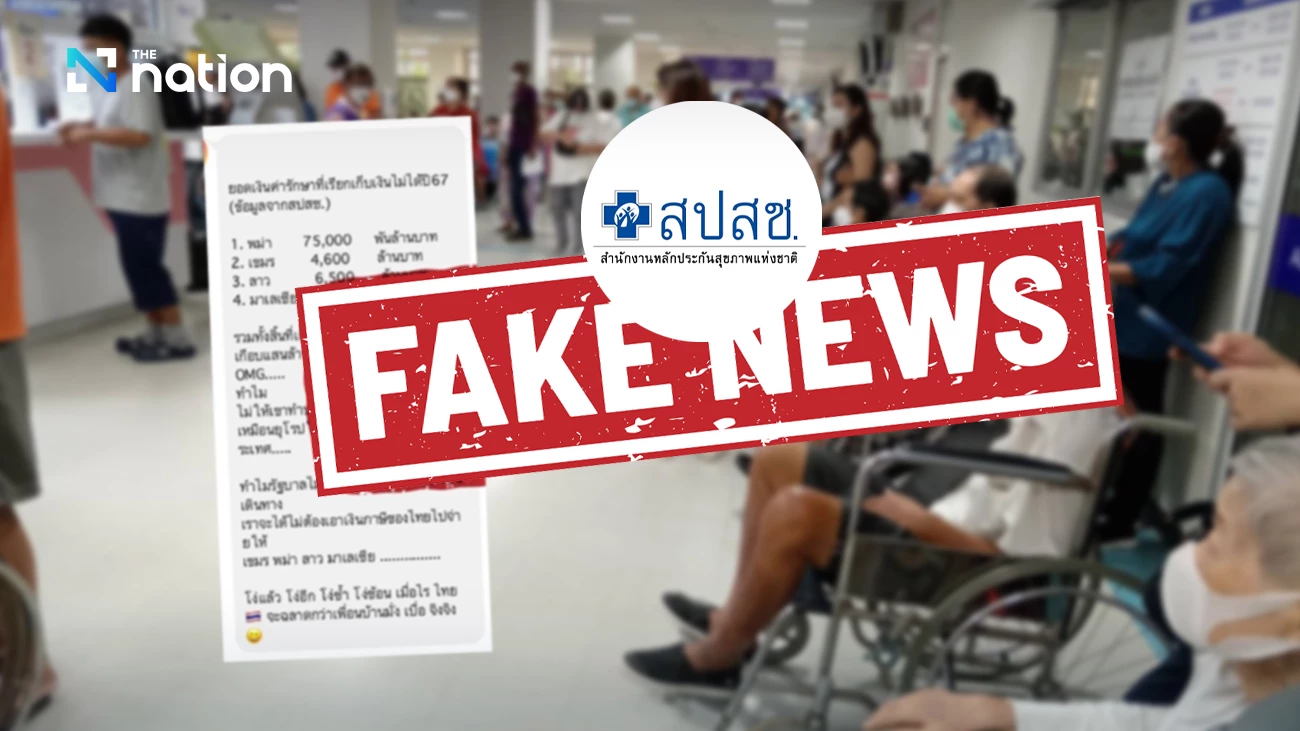Thai-Cambodian Border Tensions: ASEAN Observers, ICC Threats, and US Involvement Highlight Escalating Crisis

Tensions continue to simmer along the Thai-Cambodian border, marked by a complex interplay of diplomatic accusations, humanitarian concerns, allegations of landmine use, and a pervasive environment of disinformation. Thailand's Ministry of Foreign Affairs recently issued a strong rejection of claims circulating on social media, initially cited by Cambodia’s Minister of Information, that Thailand was planning the assassination of Cambodian leaders Hun Sen and Hun Manet. Thai spokesperson Nikorndej Balankura condemned these allegations as entirely unfounded and defaming, noting their disruptive timing amidst ongoing General Border Committee (GBC) discussions aimed at peaceful resolution.
In response to alleged breaches of international law and ceasefire conditions, the Royal Thai Army (RTA) is leading an ASEAN Interim Observation Team (IOT) to visit the Thai-Cambodian border. This mission follows earlier successful visits organized by the Thai government for international bodies. ASEAN envoys and representatives from countries that ratified the Ottawa Convention—which bans the use of anti-personnel mines—visited Si Sa Ket province. There, they reportedly witnessed evidence of landmines allegedly laid by Cambodian troops and heard accounts from affected residents. Similarly, representatives from the International Committee of the Red Cross (ICRC) conducted an assessment of the humanitarian impact of cross-border attacks on civilians in Surin, Si Sa Ket, and Ubon Ratchathani provinces, with a commitment to submit a confidential report to both Thailand and Cambodia. Thailand has also vowed to send video and photo evidence of Cambodia laying landmines to Geneva.
Adding to the complexity, the conflict has been heavily influenced by a surge in misinformation. The Ministry of Digital Economy and Society (DES) reported that eight out of the top ten fake news items reviewed last week were directly related to the Thai-Cambodian border conflict, underscoring the challenge of information warfare in the region. Acting Prime Minister Phumtham Wechayachai highlighted the importance of fighting with truth, not through propaganda that stirs hatred.
The seriousness of the situation has led to calls for legal action. Acting Prime Minister Phumtham Wechayachai stated that academics might submit a proposal for the government to consider suing Cambodian Prime Minister Hun Manet and his father, Hun Sen, in the International Criminal Court (ICC) as war criminals. This comes after a resolution by the National Security Council (NSC) to file both criminal and civil lawsuits against them in Thai courts for causing deaths, injuries, and property damage to Thais by allegedly ordering Cambodian troops to fire at Thai civilians.
A long-standing point of contention is the Ban Nong Chan village in Sa Kaeo province. Thai government spokesman Jirayu Houngsub insisted that Cambodians had betrayed Thai hospitality by establishing a community on Thai soil. He explained that Ban Nong Chan was initially a temporary shelter for Cambodians fleeing civil war in 1977. However, Cambodia allegedly exploited this humanitarian aid to encroach on Thai territory, with refugees refusing to return home and expanding their settlements. Over the years, descendants of these refugees have reportedly built nearly 200 new homes, asserting the area as Cambodian sovereign land, while the Cambodian government rejects Thailand’s border demarcation claims. Thailand has erected razor wire in the area to protect its territory from further encroachment and attacks, asserting that this measure is entirely within Thai boundaries and does not violate the August 7 GBC meeting's agreement against constructing structures outside national territories. Cambodia, however, continues to pressure Thailand to dismantle these barbed wire fences.
Amidst these developments, diplomatic channels remain active. Acting Prime Minister Phumtham Wechayachai met with US lawmakers visiting Thailand to observe regional developments, including the Thai-Cambodian border conflict. He emphasized the need for peaceful solutions that prioritize the lives of those affected by the violence and confirmed that he had raised the issue of Cambodian mine-laying activities with the US delegation. Despite a 13-point ceasefire agreement signed during the GBC meeting in Malaysia on August 7, provocations, fake news, and various forms of intimidation persist, highlighting the persistent challenges in achieving a lasting resolution.
You may also like...
Super Eagles Converge in Uyo as Crucial World Cup Qualifiers Against Rwanda & South Africa Loom!
)
The Super Eagles have opened their camp in Uyo, with key players arriving for critical 2026 FIFA World Cup qualifiers ag...
Nigeria's Super Falcons Reign Supreme, Clinching 10th WAFCON Title Amidst Fanfare!
)
The Super Falcons of Nigeria clinched their record-extending 10th Women's Africa Cup of Nations (WAFCON) title with a dr...
Cumberbatch & Colman Ignite 'The Roses': Critics Raving About Hilarious, Heartbreaking Divorce Comedy

Jay Roach's new dark comedy "The Roses," starring Olivia Colman and Benedict Cumberbatch, explores the modern dissolutio...
Dwayne 'The Rock' Johnson's Emotional Triumph: 'The Smashing Machine' Stuns Venice, Ignites Oscar Buzz

Benny Safdie's "The Smashing Machine" features Dwayne Johnson in a critically acclaimed, transformative role as MMA figh...
Afrobeats Dominance: Burna Boy, Davido Lead AFRIMA 2025 Nominations

The 2025 All Africa Music Awards (AFRIMA) nominations have been announced, featuring a record-breaking 10,717 entries an...
Live Aid: The Controversial Legacy of the Biggest Charity Concert

Live Aid, the historic 1985 bicontinental concert, was a monumental effort to combat the Ethiopian famine, raising milli...
Bianca Censori's Bold & Unfiltered Persona: Nude Photos & Kanye's Power Play

Bianca Censori's controversial fashion choices and public appearances with husband Kanye West continue to draw headlines...
The Power Couple's Next Chapter: Taylor Swift & Travis Kelce's Wedding Bells Ring Loud!

Pop superstar Taylor Swift and NFL tight end Travis Kelce have officially announced their engagement, confirming their j...
